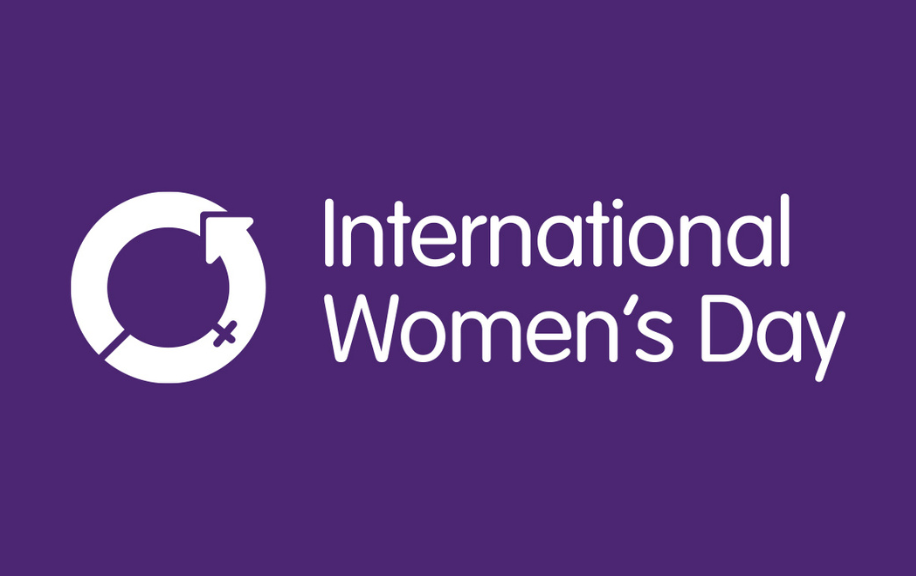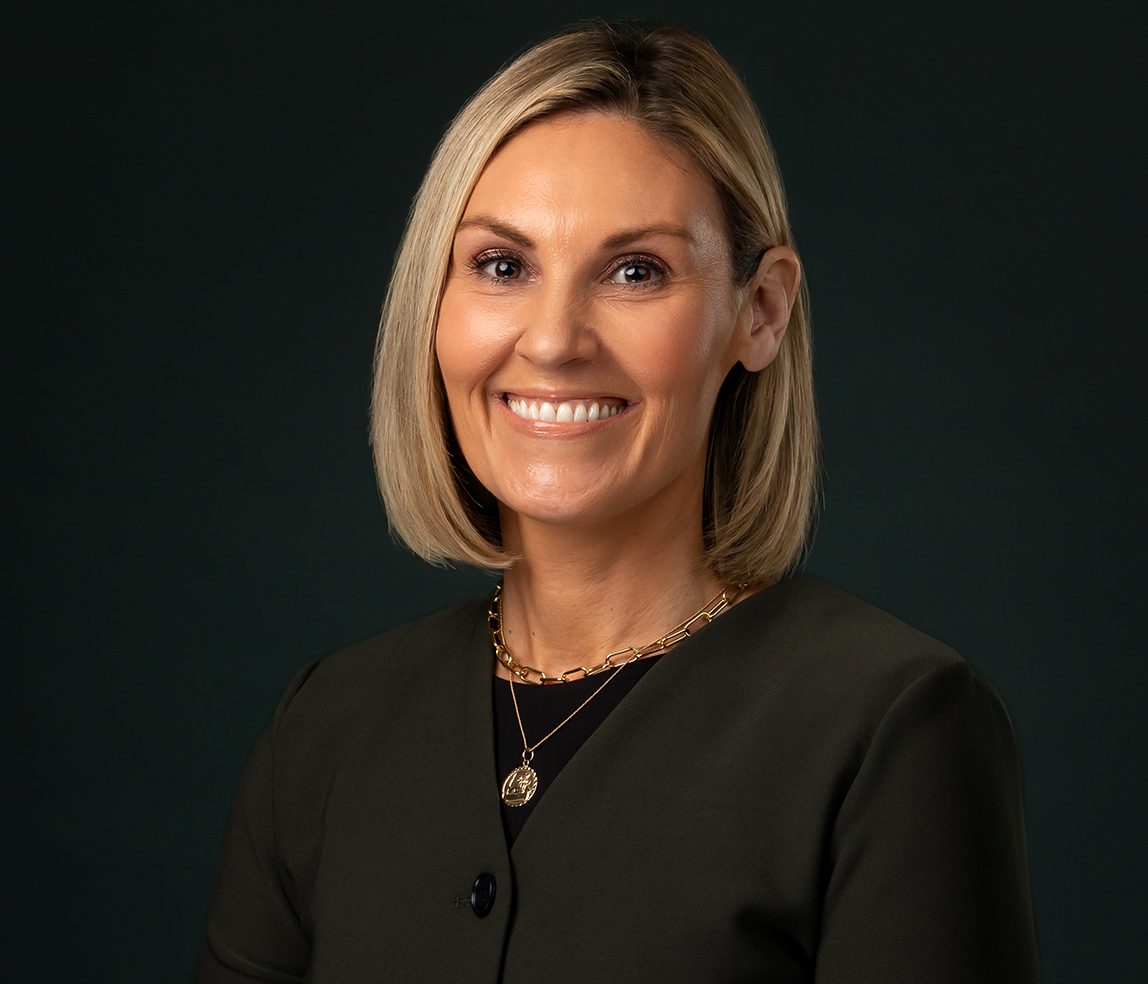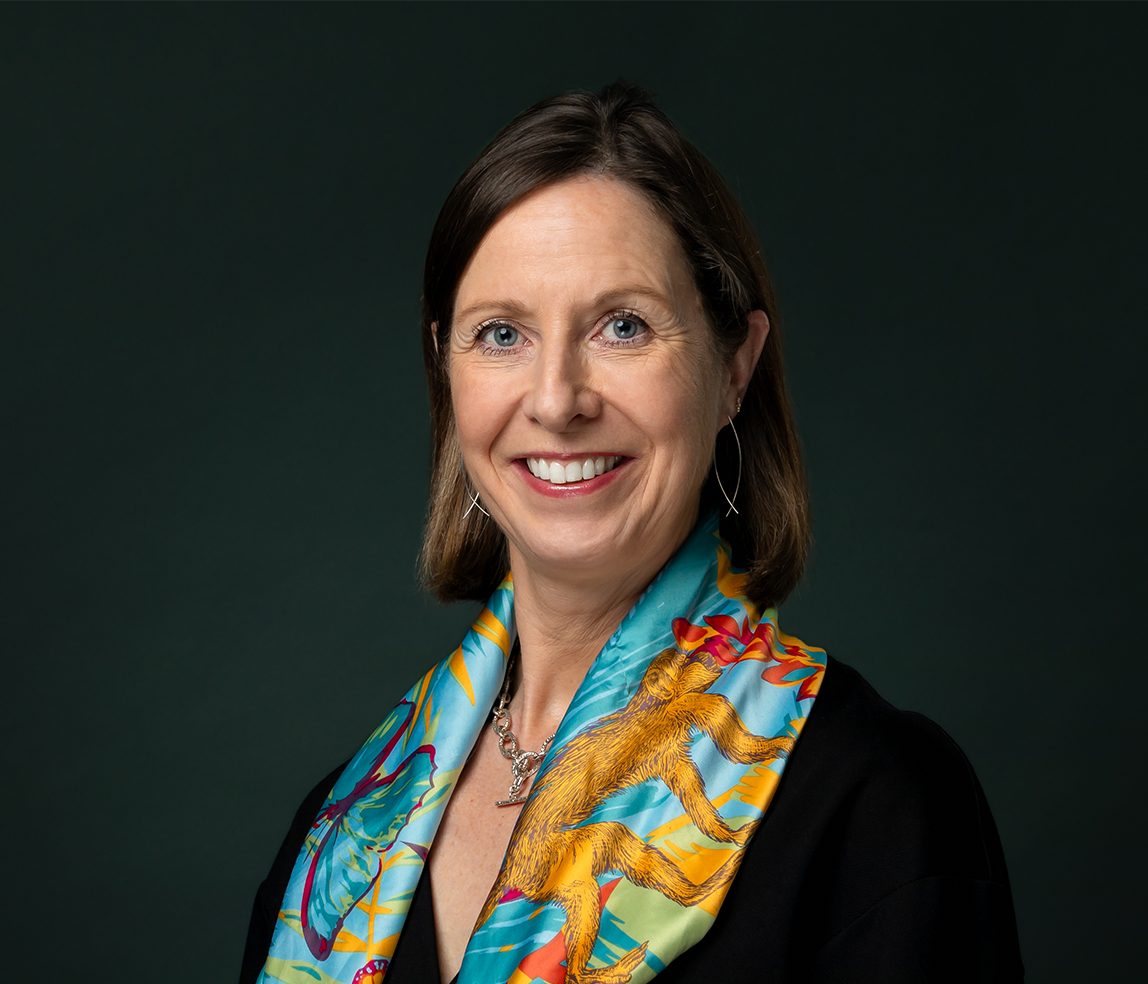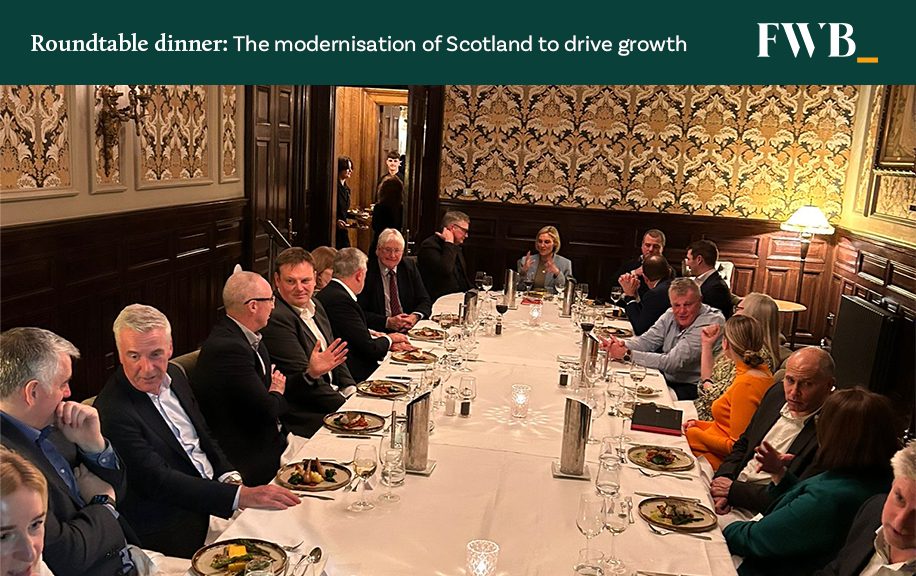Contact the team at FWB to discuss your individual or company requirements, or to discover more about our specialist services.
Is Diversity, Equality and Inclusion Dead?
13 February 2025
- Leadership
- FWB Events
- EWIL

The recent event hosted by the Executive Women in Leadership Network (EWIL) was a refreshing departure from the usual “doom and gloom” narrative around Diversity, Equality and Inclusion (DEI). Instead, it was a gathering of leaders focused on finding solutions to encourage diversity without increasing polarisation.
Morag Hutchison, an Employment Lawyer and Partner at Shepherd & Wedderburn, co-hosted the session and posted a critical question: “Where are we with DEI? Have we gone too far? What is the pushback, and how can we solutionise our response to this?”.
Progress and Challenges in Gender Diversity
The number of women on boards in the UK’s top 150 companies continues to rise, reaching 43% in 2025, up from 40% the previous year. However, over two-thirds of senior executive roles in the FTSE 100 are still held by men (Moss, 2024). This disparity highlights the ongoing challenge of achieving gender balance in positions of influence.
Additionally, the role of HR Directors was discussed in depth. Despite being crucial in shaping organisational culture and policies, HR Directors are not often seen as positions of influence. However, they play a vital role in addressing the gender pay gap through data sharing and pay reviews. One panellist argued, “The role can influence people with data; therefore, does it matter what table it sits at?”.

One of the most striking discussions was around the impact of menopause on women in the workplace. An audience member highlighted the “brain haemorrhage” of women aged 40-60 leaving the workforce. She shared, “They reach a point where they ask themselves, ‘How much do we have to deal with? I have other interests, and this is not worth my time.’ The value of power for women can be perceived as less important”. This comment underpinned the need for better support and understanding of the challenges faced by female employees during this stage of life.
The Global Backlash against DEI
The event addressed the global backlash against DEI initiatives. In the events of the recent World Economic Forum in Davos, Bank of America Chief Executive Brian Moynihan described diversity as having “commercial logic”. Other policymakers and executives at the forum claimed the acronym ‘DEI’ is damaging, even as they doubled down on their commitment to diversity. Lutfey Siddiqi, Special Envoy to the Head of the Interim Government of Bangladesh, spoke on a panel at the forum and called out DEI as becoming toxic. “I am more interested in what is effective and how we get to the result as opposed to the label”, he added.
Many organisations and governments introduced DEI initiatives to address historical inequalities in the workforce, and whilst gains have been made in recent years, gender parity has not been reached in any country (Reuters, 2025). According to the Global Gender Gap Index, at the current rate of progress, it will take 132 years for it to close completely (World Economic Forum, 2023).
Within his first days in office, President Donald Trump has made a significant impact on reversing the DEI efforts in US Federal Government. The fallout across America has resulted in US corporates backing out publicly from DEI agendas (Aratani, 2025). From Google’s claim to stop having “aspirational goals” around workforce representation, to terminating DEI programs at Amazon and Meta, to ending participation in reporting and diversity targets at McDonalds and Ford (Murray & Bohannon, 2025).
The Role of Women in Leadership
Panellists at the event discussed the significant gender pay gap within their organisations, despite in some organisations, women making up most of the workforce. They explored how roles like HR Directors, often not seen as positions of influence, can still impact the gender pay gap through data sharing and pay reviews. The discussion also touched on the work-life balance challenges women face and the lack of mentoring and sponsorship for women in leadership.
Geeta Sidhu-Robb, Founder and CEO of W Corp, commented, “It’s hard to be in an organisation where a women can’t behave like a man, but also can’t behave like a woman as that is still unacceptable. It can be a struggle to find your own sense of power.”
The Importance of Inclusive Language
At the event, an example was given on the language and terminology used in relation to DEI, and how this can negatively impact positive work in the area. Just last week a news storm erupted as The Science Museum faced backlash on their display claiming Lego blocks can be anti-LGBT (Walker, 2025). This was based on terminology of associating Lego blocks as ‘heteronormative’. Applying such language to topics unrelated to gender, sex, and reproduction illustrates how we shape the way we speak about science, technology, and the world in general. This led to a lively debate on using exclusionary language, where an audience member claimed, “This is an example of taking DEI to extremes, which is more damaging and distracting to the core purpose of the DEI agenda.” Further comments were made about how non-inclusive language is further isolating groups, and giving ‘ammunition’ to political leaders, influencers, and companies to push back on DEI progress.
Stefanie Johnston, Director of the Centre for Leadership at the University of Colorado, who joined the panel online gave her thoughts on this, stating that current DEI agendas are missing the point. “They are too concerned about making smaller populations as inclusive as majority ones, and so it is distracting from the wider purpose and riling the majority up”.
Another audience member commented, “we are no longer looking at facts”, as the conversation moved on to research and statistics around the benefits to society and workplaces of having diverse teams, who followed up by asking Stefanie, “where is the academic research in this?”
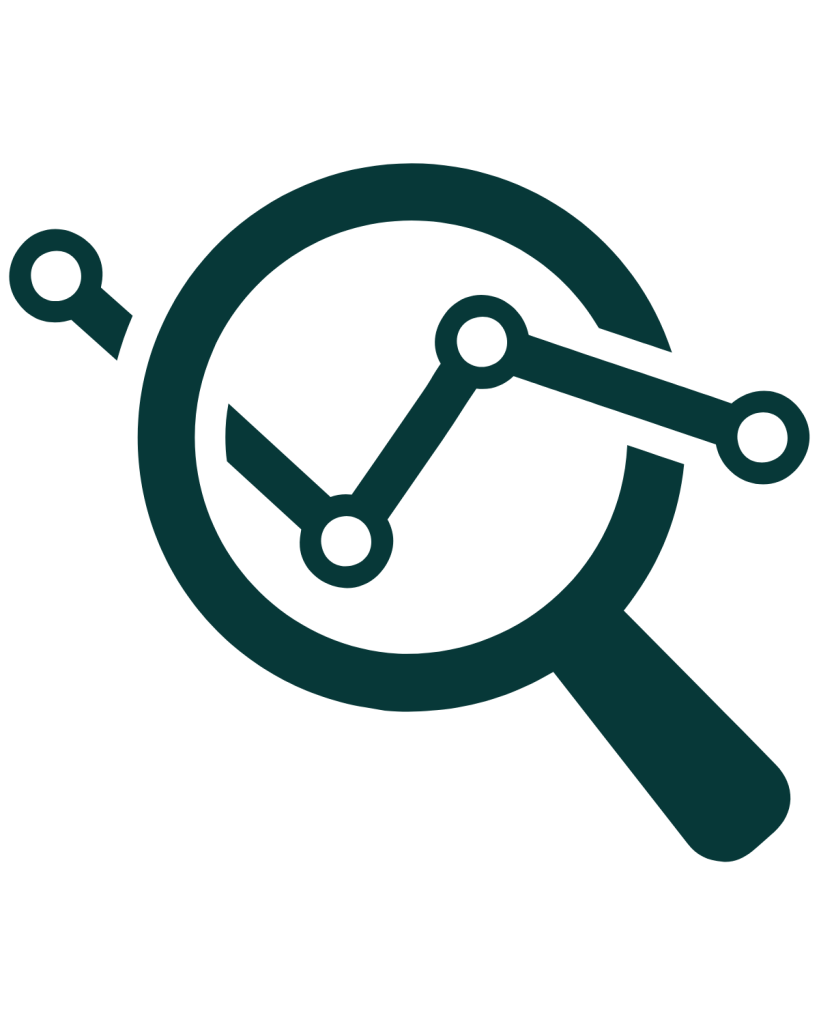
Elevating the Voice of Research
Stefanie noted that UK is better at integrating academic research into political policy, which is often based on facts. “In the US, the academics are believed to be too political, and so the politics, which are more based on opinions, come out on top”, she explained. Stefanie emphasised that DEI is about creating an environment where people can be their best selves, and good diversity agendas should be included in the core values for leaders at all levels.
Public Sector Successes
An audience member from the public sector highlighted the successes in DEI within UK public sector organisations. With published pay scales and a workforce that is predominantly female below the executive level, the public sector has achieved a 50/50 gender split on boards. This success is attributed to built-in diverse business practices. “Public sector businesses seem to be clear around equality”, and a consensus was arrived at this was likely to be around infrastructure and having DEI built into the ecosystem.
The Pendulum Effect
Valentina Kretzschmar, Vice President Consulting, Climate Risk and Strategy at Wood Mackenzie, co-hosted the session alongside Morag. She discussed the ‘pendulum effect’ in the DEI agenda. She explained, “We’ve tried to push it one way and we’ve pushed it too far. We need to find a way for it to swing back and stay in the middle – at balance”. This sentiment resonated with many in the audience, highlighting the need for a balanced approach to DEI that avoids extremes and focuses on sustainable progress.
Martin Glover, panellist and Chief People Officer at Morton Fraser MacRoberts commented, “We must coexist inside this ecosystem, and that’s a challenge. But giving preference to one view over another is getting us into difficulty.” This led to a discussion on how organisations can drive DEI values and the agenda to attract, retain, develop and promote talent.

Responding to Pushback
The event concluded with a discussion on how to positive influence and drive change in the face of DEI pushback. Baroness Helena Morrissey, Chair of the Diversity Project, highlighted several key strategies to address the backlash against DEI initiatives. She emphasised the need for mindful language, suggesting a return to basic terms like talent development, leadership skills and culture, avoiding negative connotations associated with DEI. Morrissey also suggested that DEI efforts should be truly inclusive, ensuring they do not replace one form of injustice with other. She highlighted the importance of diverse justifications for DEI, whether emotional, commercial, or political, and recommended a “bottom-up” approach that considers the perspectives of sceptics and dissenters.
Thes insights were echoed by the panellists and audience at the event. Key strategies included:
- Commercial motivation: Leveraging the commercial benefits of DEI to drive change, aligning with organisational values. One panellist noted, “There is an expectation to behave in a particular way, and so there is a commercial way to drive change”.
- Policy reform: Implementing policies on equal pay, anti-discrimination, flexible working, and more to maintain inclusivity and drive diverse change. Another panellist added, “All employees have needs and fears – communicate and ask employees what we as employers can do to help”.
- Tailored support: Developing programmes like Morton Fraser MacRoberts’ coaching for maternity leave, emphasising that “one size fits one” and advocating for all employees. Martin Glover commented, “Don’t assume or make presumptions. How can we advocate and support all?” In her recent article, Morrissey advocated for developing allyship by engaging genuine supporters within the business and encouraging non-diverse leaders to step up, as people are more likely to respond to respected peers.
- Effective communication: Engaging with employees to understand their needs and fears and actively encouraging allyship and influence. An audience member remarked, “Better policies are the ones that make sense to the people?”
.
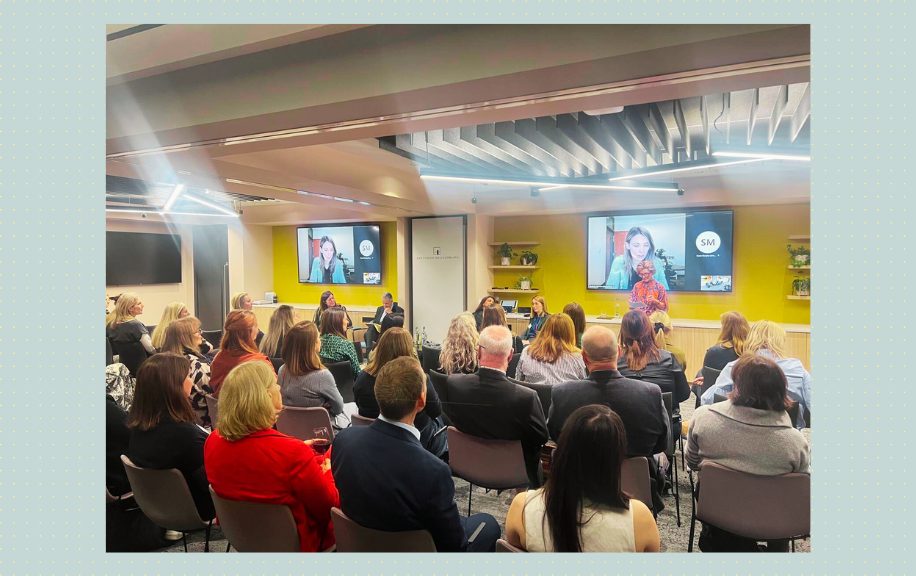
Executive Women in Leadership Network
The Executive Women in Leadership Network event highlighted the importance of finding a balanced approach to DEI. While the pushback against DEI presents challenges, it also offers an opportunity to refine and strengthen these initiatives. By focusing on inclusive language, leveraging the benefits and effective outcomes of DEI, and broader business case for diversity, organisations can navigate the current landscape and continue to make progress towards a more equitable future.
Executive Women in Leadership Network – 10th Anniversary celebrations!
The Executive Women in Leadership (EWIL), which ran from 2016 – 2019, was a development programme delivered by FWB and University of Edinburgh Business School (UEBS) exclusively for women moving into the Boardroom. Following the successes of EWIL, FWB and UEBS further launched an Executive Leadership Programme (ELP), welcoming all gender groups. The programme is now in its 5th year, with over 500 programme alumni. (For more information on ELP please contact Laura at elp@fwbltd.com)
EWIL celebrates its 10th anniversary in 2026 and throughout 2025 we will be featuring some of our alumni, their takeaways from the programme and achievements since taking part. If you would like to take part in a feature or nominate someone, or help with our 2026 Gala Dinner to celebrate 10 years of EWIL, then please contact Judy Wagner at judy@fwbltd.com.
References
Aratani, L. (2025, 1 26). What we know so far about Trump’s orders on diversity, equity and inclusion. Retrieved from The Guardian: https://www.theguardian.com/us-news/2025/jan/26/trump-executive-orders-dei
Morrissey, H. (2024, 3 4). Handling the backlash against DEI. Retrieved 2 11, 2205, from Diversity Project: https://diversityproject.com/wp-content/uploads/2024/03/The-Backlash-against-DEI-%E2%80%93-Helena-Morrissey-1.pdf
Moss, R. (2024, 12 9). Number of women on boards increases again in 2024. Retrieved from Personnel Today: https://www.personneltoday.com/hr/women-on-boards-2024-ftse-150/
Murray, C., & Bohannon, M. (2025, 2 8). GM, Pepsi, Amazon Appear To Remove Some References To DEI From Annual Reprots – Here Are All The Companies Rolling Back DEI. Retrieved 2 11, 2025, from Forbes: https://www.forbes.com/sites/conormurray/2025/02/08/gm-pepsi-amazon-appear-to-remove-some-references-to-dei-from-annual-reports-here-are-all-the-companies-rolling-back-dei/
Reuters. (2025, 1 23). Trump’s DEI cuts force Davos elite to find new words for diversity. Retrieved 2 11, 2025, from Reuters: https://www.reuters.com/business/trumps-dei-cuts-force-davos-elite-find-new-words-diversity-2025-01-22/
Walker, J. (6, 2 2025). London’s Science Museum claims Lego bricks can be anti-LGBT. Retrieved 2 11, 2025, from The National Desk: https://thenationaldesk.com/news/americas-news-now/londons-science-museum-claims-lego-bricks-can-be-anti-lgbt-united-kingdom-uk-london-toys-building-blocks-seeing-things-queerly-heteronormativity
World Economic Forum. (2023, 05 24). How Gender Equality Leaders to Longer Life Expectancy. Retrieved 2 11, 2025, from World Economic Forum: https://www.weforum.org/videos/people-live-longer-in-more-gender-equal-countries/#

